As a former Higher Ed leader and a longtime consultant, I’ve been thinking about this a lot—and decided it was time to make something real from my musings.
What does it look like now?
Management in Higher Education institutions is complicated. You have a mix of full- and part-time staff (some of whom are also faculty members), interim roles, exempt and non-exempt employees as well as student employees. As a manager, you collaborate with multiple stakeholders — for example, non-academic staff work with colleagues, students, and academic staff (and sometimes alumni and outside stakeholders like employers). Managing teams, workstreams, and colleagues requires a teachable set of skills to do well (and with minimum angst!).
In addition, Higher Ed in the US finds itself in a tough place; turnover is high, with a 35% uptick post-pandemic. Many of these folks are leaving for other higher ed institutions, largely for more responsibility and the pay increase that comes with it. In other words, higher ed faculty and staff are seeking more senior roles, which almost always come with management requirements, as well as seeking more opportunities to learn. In fact, a report from Academic Impressions notes that 71% of Higher Ed employees said they would stay if they had access to more professional development. 🤯
Most glaringly, research from Gallup states that 75% of employees don’t leave organizations; they leave managers.
So what does all this mean?
Higher Ed has a management problem; or, if you see things the way we do, a management opportunity. Many university folks have risen through the ranks due to their deep academic expertise, years of experience, and/or talent and promise — but not many managers in Higher Ed have been given access to meaningful, actionable, effective professional development focused specifically on the skills and tools of management. Given what we’ve seen in the research as well as our experience working with teams and organizations across the education landscape, we believe customized manager training for Higher Ed employees can make all the difference: reducing turnover and increasing engagement and efficacy.
In other words: invest in your managers if you want to shift the culture of your institution and increase the impact of your management-level staff and faculty.
Okay, so here comes the how:
After year running Manager Training programs for teams and organizations in the for- and non-profit space, we have developed a Manager Training series specifically designed for Higher Ed employees, meaning:
We speak the language: Our lead trainer has worked as a Department Head in Higher Ed, and our whole team has worked extensively with universities. We don’t bombard you with business jargon. We use real, relevant scenarios and we know how to adapt the training to your unique culture.
We’ve done the work: All of our trainers have been executive-level managers; we have walked the walk and bring our experience to bear during the program
We consider the range of reports: Our training considers not just FTEs, but the challenges of managing student and part-time employees and is designed for folks who are responsible for all classifications.
We get your pacing: The design and implementation of the training considers the pace of High Ed and the structure of an academic year, combining synchronous and asynchronous work that is realistic for participants
We’re informed by research: We’ve combined the best of management research (typically geared towards for-profit institutions) with our deep experience in mission-driven and education spaces to ensure that you’re getting best practices, designed for your actual environment
We have levels: We offer a 1.0 training program for new managers and a 2.0 program for more experienced managers who want to “level up” their skills
I firmly believe Higher Ed is ready for some meaningful change. If you agree, reach out! Ashley@thegroupforward.com






